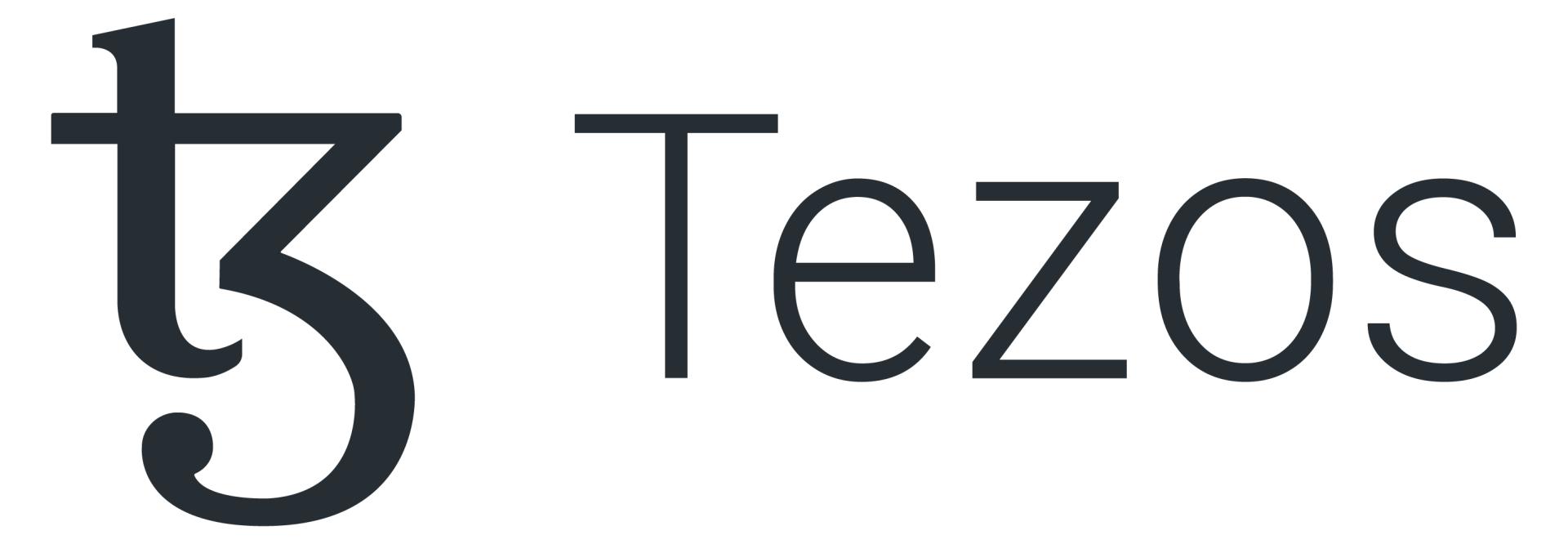
Tezos Successfully Completes Eleventh Forkless Network Upgrade, Kathmandu
Paris, France, 28th September, 2022, Chainwire
Kathmandu marks the eleventh successful upgrade on the Tezos blockchain and the third to occur this year alone. Developers and organizations choose to build on Tezos in part because its forkless upgrades (made possible by its proven on-chain governance) keep it at the forefront of innovation in the blockchain space.
Kathmandu is live less than three months after the previous upgrade, Jakarta, which kicked off a series of Tezos protocol proposals containing a roadmap for scaling Tezos through optimistic rollups. These next generation rollups are plug’n’play solutions for running any software on Tezos in a high-throughput environment, opening the door to compatibility with EVM and WASM.
The Kathmandu upgrade continues Tezos’ momentum with several new features and optimizations, including:
Next generation optimistic rollups – The Kathmandu upgrade includes substantial work on smart contract optimistic rollups. At this stage, these next generation optimistic rollups are available for testing on Mondaynet and Dailynet test networks to ensure the Tezos developer community has sufficient time to build integration, tooling and applications.
Event logging for smart contracts – The Kathmandu protocol upgrade provides support for Tezos smart contracts to cheaply emit on-chain events via statically typed event data attachments. This new feature will enable DApp developers to send publicly visible on-chain messages in order to trigger effects in off-chain applications.
First steps towards pipelined block validation – Pipelining aims to streamline the block validation process and reduce the need to fully execute expensive smart contracts across the network. Pipelining will increase throughput on Tezos, without compromising the network’s safety.
Support for permanent test networks – Kathmandu includes a governance mechanism for a permanent test network which reduces the need for user-activated Ghostnet upgrades.
Improved randomness using Verifiable Delay Functions – In order to strengthen the Tezos protocol’s distributed randomness generation mechanism, a novel cryptographic primitive known as Verifiable Delay Functions (VDFs) will allow a verifier to quickly assert that a value was computed as a result of an expensive computation, adding an extra layer of security to the protocol’s random seeds.
The Tezos position paper, published in 2014, pioneered the use of governance mechanisms and incentives on a blockchain to provide for public goods that go beyond securing the network. This governance mechanism minimizes disruptions while offering regular upgradability and enhanced functionality over time.
Tezos network upgrades are supported by a global team of developers, the Tezos community, bakers, and critical protocol teams at Nomadic Labs, Marigold, TriliTech, Oxhead Alpha, Tarides, DaiLambda, Functori & Tweag.
Kathmandu is named after the Nepalese capital, continuing the tradition of naming Tezos network upgrades after historic cities that correspond with where the upgrade falls sequentially in the alphabet (Athens, Babylon, Carthage, etc.).
Explore Tezos at Tezos.com
###
About Tezos:
Tezos is smart money, redefining what it means to hold and exchange value in a digitally connected world. A self-upgradable and energy-efficient blockchain with a proven track record, Tezos seamlessly adopts tomorrow’s innovations without network disruptions today. For more information, please visit tezos.com
